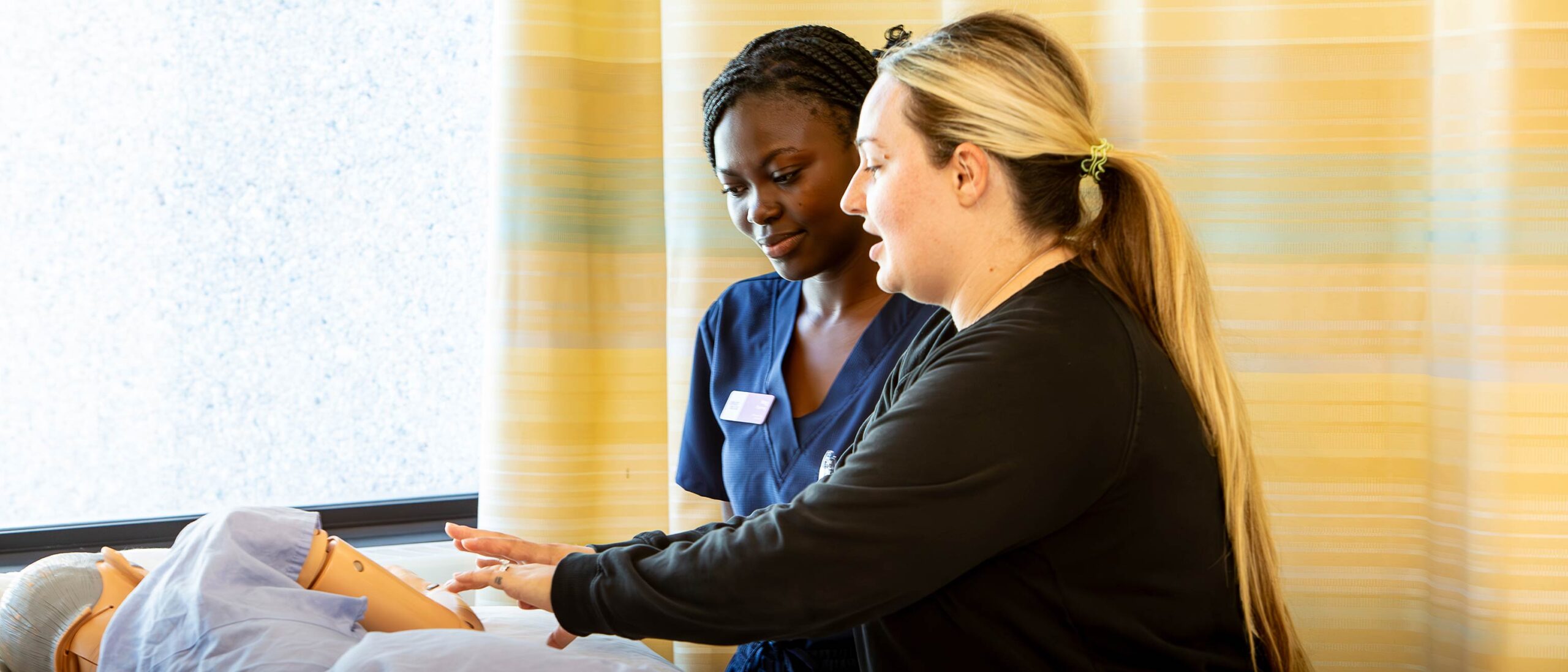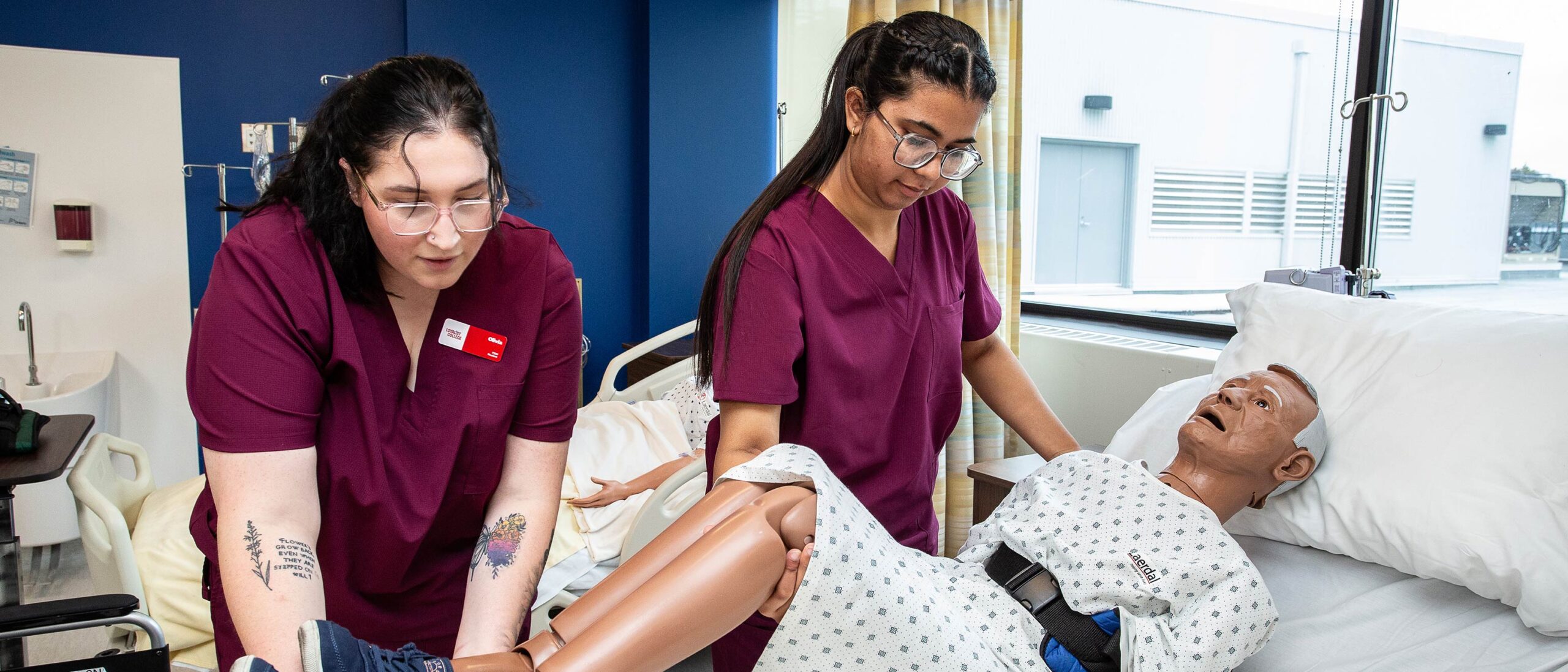Find your career
This program is designed to enhance the knowledge of health care or social service professionals who support vulnerable populations, such as older adults and the terminally ill, and their families. The Government of Canada’s job bank estimates the number of personal care positions nationwide is expected to open approx. 44,400 jobs by 2026. According to personalsupportwokerhq.com the Ontario Ministry of Health and Long-Term Care will be adding four million hours of community based care over the next four years. This translates into 2,080 new full-time jobs in Ontario over the next few years.
Graduates of this program find rewarding careers in a variety of gerontology and palliative care specialty areas, including the following:
- Hospitals
- Clinics
- Long-term care facilities
- Retirement homes
- Community-home agencies
- Gerontology education
Is it for you?
People who thrive in this career are caring professionals who:
- Enjoy interacting with people, talking and listening
- Are comfortable working as part of a team
- Come from a variety of backgrounds
- Enjoy helping others






